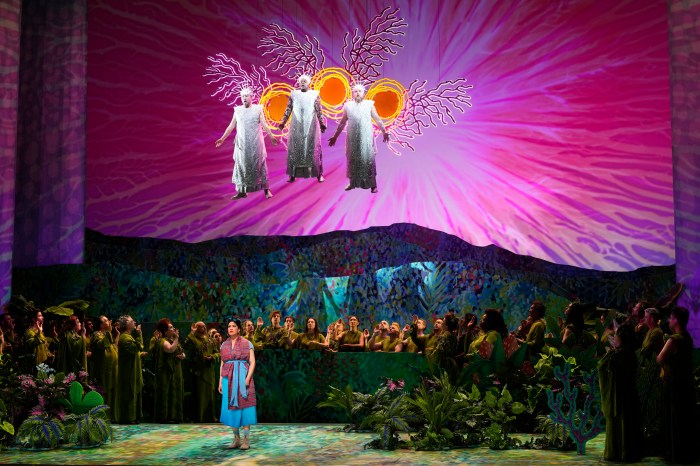The issues being confronted in “Suffragette,” a gritty new movie about women advocating for the vote in early 20th century Britain, remain palpable in the headlines today.
That gives the film its heft, of course, and makes it a capital “I” important motion picture, but director Sarah Gavron and writer Abi Morgan refuse to be swept away by the thematic currents. They keep the movie grounded with an approach that favors handheld cinematography and vivid close-ups of star Carey Mulligan, who brings a real and vibrant emotional quality to every moment.
Mulligan plays Maud Watts, who works in an East London laundry alongside husband Sonny (Ben Whishaw), with whom she raises son George (Adam Michael Dodd). As she becomes increasingly involved in the fight for equal rights, encouraged by co-workers and a local pharmacist (Helena Bonham Carter), she faces devastating consequences.
The movie does not compromise in its presentation of the urgency of this still-ongoing struggle, or the overwhelmingly merciless nature of a threatened hierarchy clamping down on those who would disrupt it.
It is appropriately miserable, in other words, taking place amid the suffocating gloom of washed-out period industrial hell. When the characters are forced to resort to violence for their voices to be heard, the filmmakers treat the action as less of a triumphant protest than an unfortunate, desperate reality.
In terms of connecting with an audience on a level beyond general, abiding sadness, Gavron depends wholeheartedly on Mulligan. Her journey from subjugation to enlightenment, to a measure of painful but hard-won spiritual freedom, is filled with restrained but tempestuous spirit. She brings a name and a face to this milieu; Maud in her hands becomes less of a figurehead representing generations of women and more of an individual with hopes and dreams of her own.

















